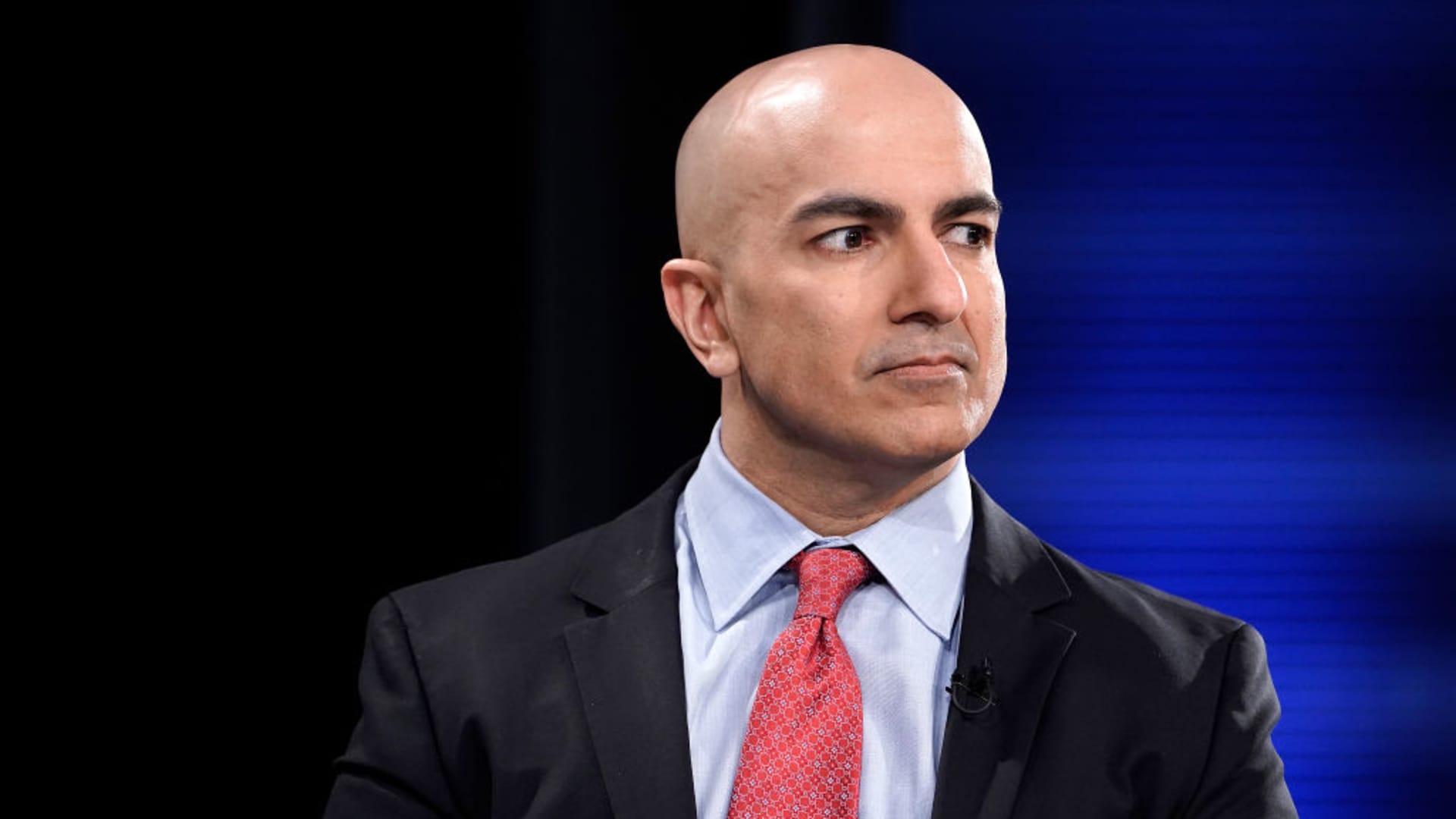Minneapolis Federal Reserve President Neel Kashkari.
John Lamparski | Getty Images Entertainment | Getty Images
Goldman Sachs Chief Economist Jan Hatzius on Friday said that he still expects the Federal Reserve to implement three interest rate cuts, adding that he would be “very surprised” if the U.S. central bank ultimately decided no trims at all were necessary.
His comments come shortly after Minneapolis Fed President Neel Kashkari became the latest high-profile official to float the possibility of zero rate cuts before the year’s end, if inflation remained sticky.
“If we continue to see inflation moving sideways, then that would make me question whether we need to do those rate cuts at all,” Kashkari said Thursday during an interview with Pensions & Investments.
Separately, Fed Chair Jerome Powell said earlier in the week that it would take a while for policymakers to evaluate the current state of inflation, leaving the timing of potential interest rate cuts uncertain.
Market participants have been closely monitoring comments from Fed officials about the expected number of rate reductions due to take place this year, and many will be scouring Friday’s U.S. jobs data for further clues on the labor market and inflation.
Speaking to CNBC’s Steve Sedgwick on the sidelines of the Ambrosetti Forum on Friday, Goldman Sachs’ Hatzius said he was bullish on the outlook for the U.S. economy.
“I’m certainly optimistic on this year. On the growth side, we’re well above consensus, close to 3% growth this year,” Hatzius said.
“We’re well below consensus in terms of the risk of a recession. We think 15% over the next 12 months, which is sort of average recession probability, since we’ve had a recession about once every seven years in the post-war period.”
Hatzius said he was also optimistic that robust economic growth this year can coincide with cooling inflation, projecting that the personal consumption expenditures price index will come in at 2.4% by the end of 2024 and at 2% next…
Read the full article here

Leave a Reply